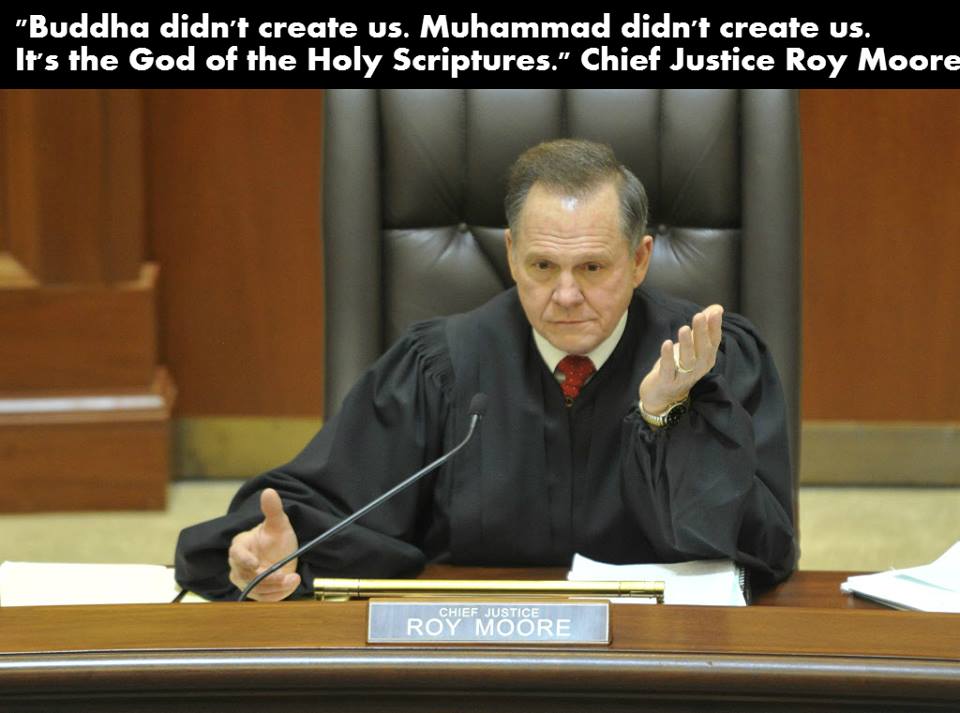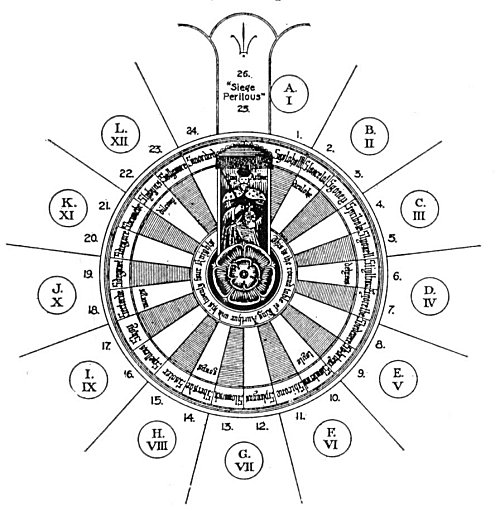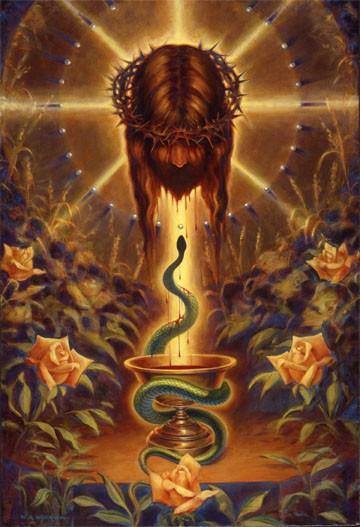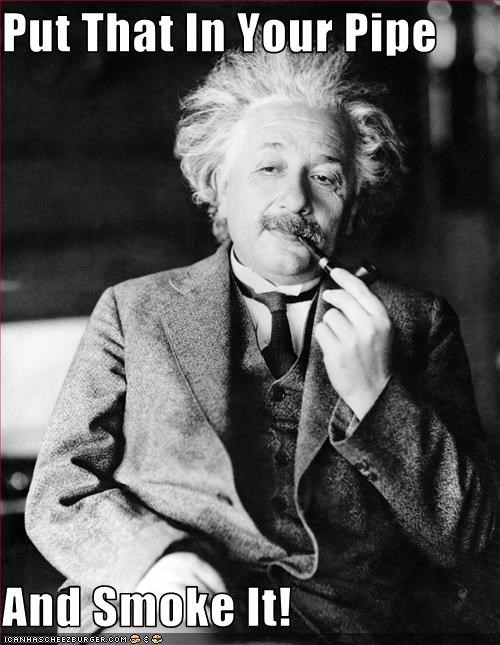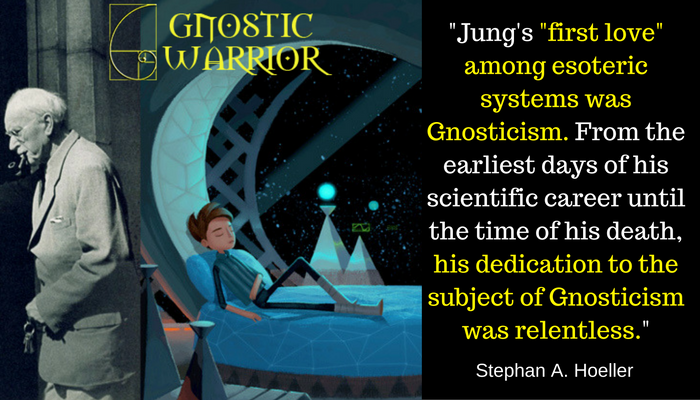The daemonium of Socrates was this [[nous]], mind, spirit, or understanding of the divine in it. “The [[nous]] of Socrates,” says Plutarch, “was pure and mixed itself with the body no more than necessity required. . . . Every soul hath some portion of [[vous]], reason, a man cannot be a man without it; but as much of each soul as is mixed with flesh and appetite is changed and through pain or pleasure becomes irrational. Every soul doth not mix herself after one sort; some plunge themselves into the body, and so, in this life their whole frame is corrupted by appetite and passion; others are mixed as to some part, but the purer part [nous] still remains without the body. It is not drawn down into the body, but it swims above and touches (overshadows) the extremest part of the man’s head; it is like a cord to hold up and direct the subsiding part of the soul, as long as it proves obedient and is not overcome by the appetites of the flesh. The part that is plunged into the body is called soul. But the incorruptible part is called the nous and the vulgar think it is within them,
Page 285
as they likewise imagine the image reflected from a glass to be in that glass. But the more intelligent, who know it to be without, call it a Daemon” (a god, a spirit).
“The soul, like to a dream, flies quick away, which it does not immediately, as soon as it is separated from the body, but afterward, when it is alone and divided from the understanding (nous). . . . The soul being moulded and formed by the understanding (nous), and itself moulding and forming the body, by embracing it on every side, receives from it an impression and form; so that although it be separated both from the understanding and the body, it nevertheless so retains still its figure and resemblance for a long time, that it may, with good right, be called its image.
“And of these souls the moon is the element, because souls resolve into her, as the bodies of the deceased do into earth. Those, indeed, who have been virtuous and honest, living a quiet and philosophical life, without embroiling themselves in troublesome affairs, are quickly resolved; because, being left by the nous, understanding, and no longer using the corporeal passions, they incontinently vanish away.”
We find even Irenaeus, that untiring and mortal enemy of every Grecian and “heathen” heresy, explain his belief in the trinity of man. The perfect man, according to his views, consists of flesh, soul, and spirit. “. . . carne, anima, spiritu, altero quidem figurante, spiritu, altero quod formatur, carne. Id vero quod inter haec est duo, est anima, quae aliquando subsequens spiritum elevatur ab eo, aliquando autem consentiens carni in terrenas concupiscentias” (Irenaeus v., 1).
And Origen, in his Sixth Epistle to the Romans, says: “There is a threefold partition of man, the body or flesh, the lowest part of our nature, on which the old serpent by original sin inscribed the law of sin, and by which we are tempted to vile things, and as oft as we are overcome by temptations are joined fast to the Devil; the spirit, in or by which we express the likeness of the divine nature in which the very Best Creator, from the archetype of his own mind, engraved with his finger (that is, his spirit), the eternal law of honesty; by this we are joined (conglutinated) to God and made one with God. In the third, the soul mediates between these, which, as in a factious republic, cannot but join with one party or the other, is solicited this way and that and is at liberty to choose the side to which it will adhere. If, renouncing the flesh, it betakes itself to the party of the spirit it will itself become spiritual, but if it cast itself down to the cupidities of the flesh it will degenerate itself into body.”
Plato (in Laws x.) defines soul as “the motion that is able to move itself.” “Soul is the most ancient of all things, and the commencement

Moe is the founder of GnosticWarrior.com. He is a father, husband, author, martial arts black belt, and an expert in Gnosticism, the occult, and esotericism.


